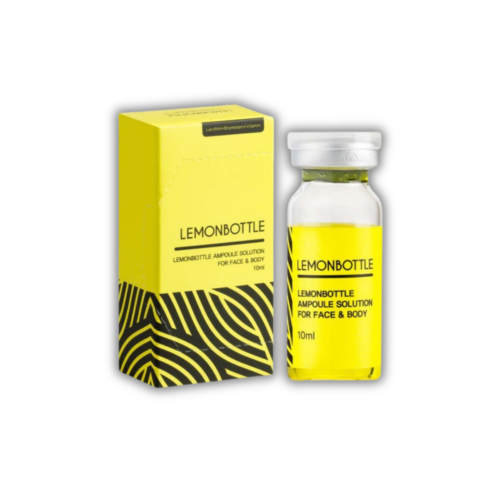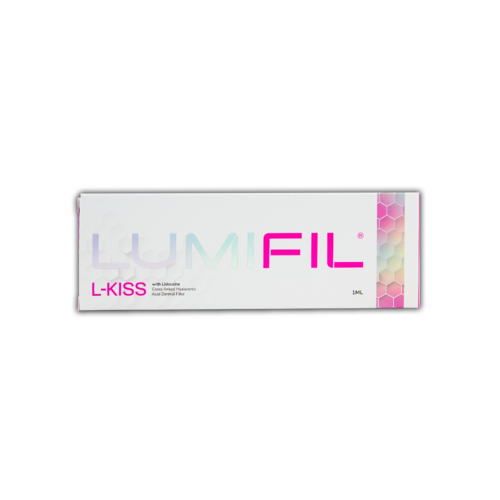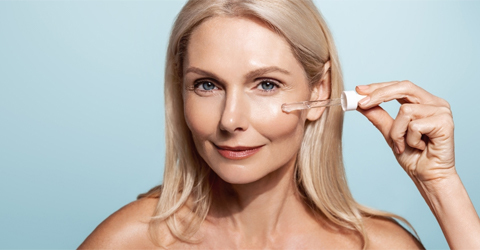Order by 3pm to Get Next Working Day Delivery
Save an extra 10%
-
HOT

Lemon Bottle ( 1 Vial )
£29.99 £24.99 ex. VAT -
HOT

Lumifil Kiss
£20.40 £17.00 ex. VAT
Subtotal: £24.99



In recent years, Ozempic has gained popularity as a treatment for type 2 diabetes and as a weight loss aid. However, many users have started noticing a peculiar side effect called Ozempic Face. This term refers to a sagging or tired appearance in the face that some individuals experience while taking the medication. But what exactly is Ozempic Face, and what can be done to address it? Let’s explore.
Ozempic is a medication that contains a GLP-1 receptor. While it is primarily used for managing blood sugar levels in people with type 2 diabetes, Ozempic also aids in weight loss by reducing appetite. This weight loss effect, while beneficial for many, can sometimes lead to unintended cosmetic changes in the face.

The term “Ozempic Face” describes the thinning and loss of volume in the face that some people notice after significant weight loss. Fat, which naturally fills out the face, diminishes as a person loses weight, causing the skin to sag or look hollow. This can result in:
Fat loss is not limited to any one part of the body. As people cut off weight, they lose fat from all areas, including the face. Since facial fat plays a crucial role in maintaining a youthful and healthy appearance, its reduction can cause a noticeable change. The extent of these changes often depends on factors like age, genetics, and the amount of weight lost.
Additionally, as we age, skin naturally loses elasticity and collagen, which can compound the effects of fat loss. Older adults who lose weight rapidly may be more prone to experiencing Ozempic Face because their skin is less capable of healing after the fat is gone.

If you are concerned about the effects of Ozempic Face, there are several strategies to restore volume and maintain a youthful appearance. Here are some options:
One of the most effective and immediate solutions is the use of dermal fillers. These injectable treatments help to restore lost volume by adding hyaluronic acid or other substances beneath the skin’s surface. Popular fillers like Juvederm or Restylane can plump up sunken areas, smooth out wrinkles, and give the face a more youthful contour. Results typically last 6 to 18 months.
Fat grafting is a more permanent solution compared to dermal fillers. In this procedure, fat is taken from another part of your body (such as the thighs or abdomen) and injected into the face. This method offers a natural way to restore volume, and since the fat is your own tissue, there’s a lower risk of allergic reactions.
Treatments like Sculptra or Profhilo stimulate your body’s natural collagen production, helping to rebuild skin firmness and elasticity. While these treatments may take several sessions to see full results, they can provide long-lasting improvements to the texture and volume of the skin.
Non-invasive treatments like Ultherapy or Thermage use radiofrequency or ultrasound energy to stimulate collagen production and tighten sagging skin. These therapies can help lift and firm the face without the need for injections or surgery.
Maintaining a consistent skincare routine that focuses on hydration and collagen production is crucial. Using products containing ingredients like retinol, peptides, and hyaluronic acid can help improve skin texture and elasticity. Additionally, protecting your skin from sun damage with SPF is essential to prevent further skin aging.
For those not dealing with severe obesity, opting for a slower, more gradual weight loss can help mitigate some of the effects of Ozempic Face. Gradual weight loss gives your skin more time to adjust to changes and can prevent sudden sagging.
Suggested reading for you: What are the benefits of dermal fillers for skin hydration
Ozempic Face is a common but manageable side effect of rapid weight loss, particularly among those taking Ozempic or similar medications. While the facial changes may be distressing, there are several effective ways to restore lost volume and maintain a youthful appearance. Whether you choose dermal fillers, fat grafting, or a collagen-boosting treatment, consulting with a qualified dermatologist or aesthetic practitioner is the best way to find a solution tailored to your needs.
Staying proactive with good skin care and considering slower weight loss strategies can also help prevent the development of Ozempic Face in the first place.
‘Ozempic Face’ refers to the sudden and significant weight loss associated with Ozempic medication, which can sometimes lead to a gaunt or hollowed appearance, particularly in the face.